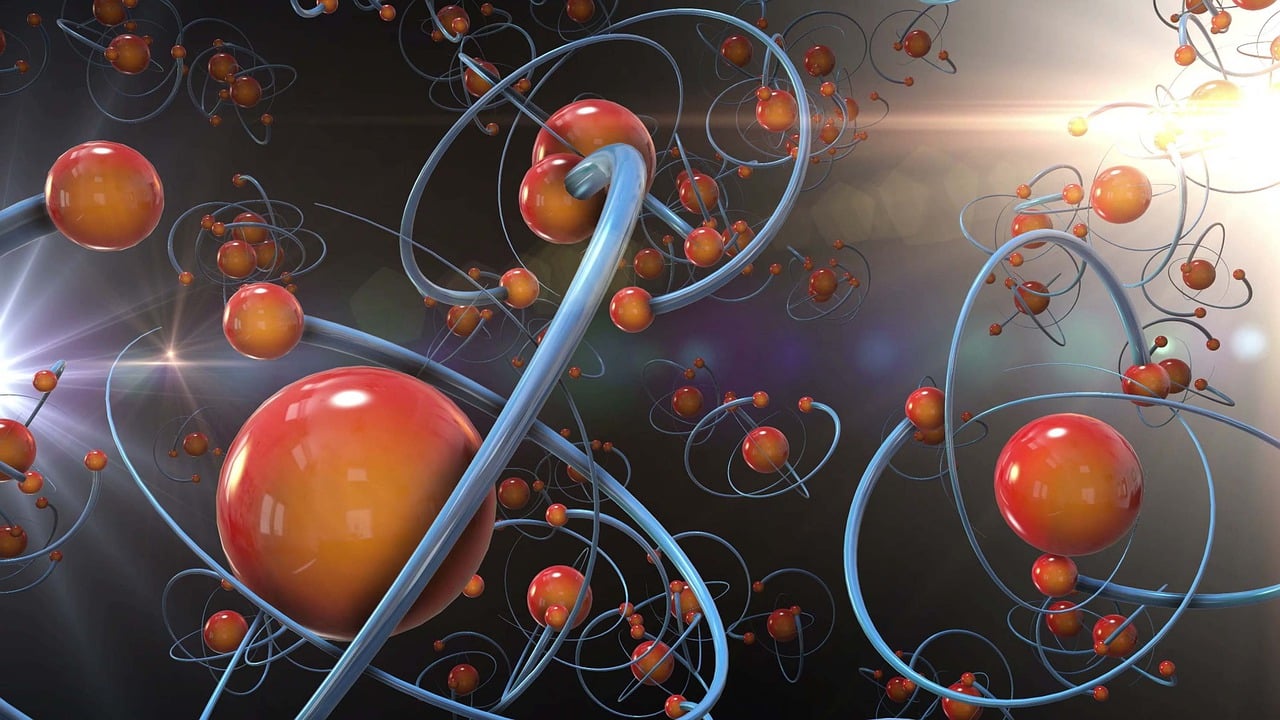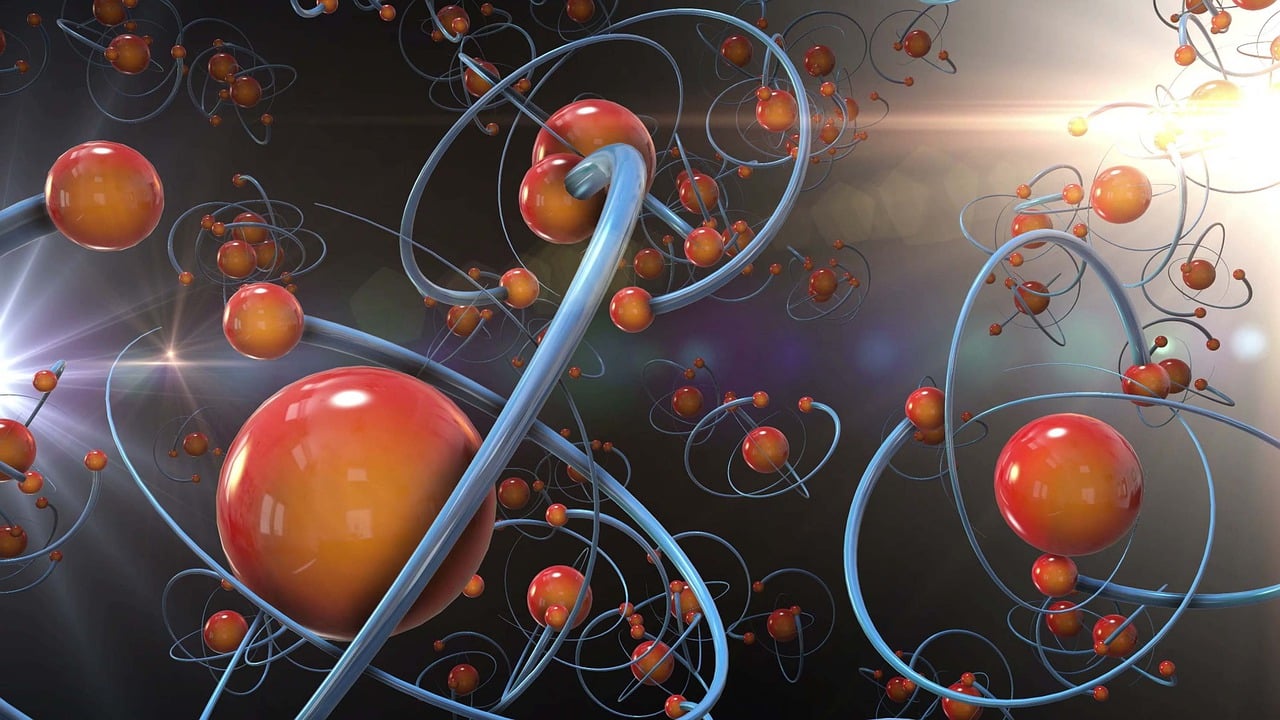Blog
Understanding the Difference Between Sodium Carbonate vs Sodium Bicarbonate
When it comes to household and industrial chemicals, sodium carbonate vs sodium bicarbonate are often mentioned together. These two compounds are essential in various applications, ranging from cleaning and cooking to manufacturing processes. However, despite their similar names, they serve different purposes and have distinct chemical properties. In this article, we’ll delve into the key differences between sodium carbonate vs sodium bicarbonate, their uses, benefits, and how to choose the right one for your needs.
What is Sodium Carbonat
Sodium carbonate, also known as soda ash or washing soda, is a highly alkaline substance with the chemical formula Na2CO3. It is commonly used in industries such as glass manufacturing, chemical processing, and water treatment. Sodium carbonate is a white, odorless powder that dissolves in water to form a strong alkaline solution. This alkalinity makes it a powerful cleaning agent, capable of cutting through grease, oil, and other organic materials.
Uses of Sodium Carbonate
Sodium carbonate has a wide range of applications, including:
- Glass Manufacturing: It acts as a flux for silica, lowering the melting point of the mixture and helping to produce glass.
- Water Softening: Sodium carbonate is used in water treatment plants to soften water by removing calcium and magnesium ions.
- Laundry Detergents: Its strong alkalinity makes it effective in boosting the cleaning power of detergents.
- pH Regulation: Sodium carbonate is used to control pH levels in various chemical processes.
Looking to purchase sodium carbonate or sodium bicarbonate? Explore our high-quality products and find the perfect solution for your needs. Visit our store today and take advantage of our competitive prices and excellent customer service!
What is Sodium Bicarbonate?
Sodium bicarbonate, commonly known as baking soda, has the chemical formula NaHCO3. It is a mild alkaline compound that is widely used in cooking, cleaning, and personal care products. Unlike sodium carbonate, sodium bicarbonate is less alkaline, making it safe for a variety of household uses, including baking and odor neutralization.

Uses of Sodium Bicarbonate
Sodium bicarbonate is a versatile compound with numerous applications, such as:
- Baking: It acts as a leavening agent, helping baked goods rise by releasing carbon dioxide gas when heated.
- Cleaning: Sodium bicarbonate is a mild abrasive that can clean surfaces without scratching, making it ideal for household cleaning.
- Deodorizing: It neutralizes odors by reacting with acids and bases, making it a popular ingredient in deodorants and air fresheners.
- Antacid: Sodium bicarbonate is commonly used to relieve heartburn and indigestion by neutralizing stomach acid.
Sodium Carbonate vs Sodium Bicarbonate: Key Differences
The main differences between sodium carbonate vs sodium bicarbonate lie in their chemical composition, alkalinity, and applications. Let’s explore these distinctions in more detail:
Chemical Composition
- Sodium Carbonate (Na2CO3): Composed of two sodium atoms, one carbon atom, and three oxygen atoms.
- Sodium Bicarbonate (NaHCO3): Composed of one sodium atom, one hydrogen atom, one carbon atom, and three oxygen atoms.
Alkalinity
- Sodium Carbonate: Highly alkaline with a pH of around 11, making it a strong base suitable for industrial applications.
- Sodium Bicarbonate: Mildly alkaline with a pH of around 8.4, making it safe for household and culinary uses.
Applications
- Sodium Carbonate: Primarily used in industrial settings, water treatment, and as a cleaning agent.
- Sodium Bicarbonate: Widely used in baking, personal care products, and household cleaning.
Sodium Carbonate vs Sodium Bicarbonate in Cleaning
When comparing sodium carbonate vs sodium bicarbonate in cleaning applications, it’s essential to consider the level of cleaning power required.
- Sodium Carbonate: Due to its high alkalinity, sodium carbonate is ideal for heavy-duty cleaning tasks such as degreasing ovens, removing stains from clothes, and cleaning hard surfaces. Its ability to break down organic matter makes it a powerful cleaning agent in industrial and commercial settings.
- Sodium Bicarbonate: Sodium bicarbonate is more suitable for gentle cleaning tasks around the home. It can be used to scrub countertops, clean appliances, and remove odors from carpets. Its mild abrasiveness and deodorizing properties make it a popular choice for everyday cleaning needs.
Sodium Carbonate vs Sodium Bicarbonate in Cooking
In culinary applications, sodium carbonate vs sodium bicarbonate serve different purposes, and using the wrong one can affect the outcome of your recipe.
- Sodium Carbonate: Rarely used in cooking due to its strong alkalinity, which can overpower flavors and alter the texture of food. However, it can be used in specific recipes, such as making pretzels, where the dough is briefly boiled in a sodium carbonate solution to create a distinct texture and flavor.
- Sodium Bicarbonate: Commonly used in baking as a leavening agent. It reacts with acidic ingredients like buttermilk or lemon juice to release carbon dioxide, which helps dough and batter rise. Sodium bicarbonate is also used to tenderize meat, neutralize acidity in sauces, and enhance browning in baked goods.
Safety Considerations: Sodium Carbonate vs Sodium Bicarbonate
When using sodium carbonate vs sodium bicarbonate, it’s important to understand the safety precautions associated with each compound.
- Sodium Carbonate: Due to its high alkalinity, sodium carbonate can cause skin and eye irritation if it comes into direct contact.
- Handle sodium bicarbonate with care. Wear protective gloves and eyewear when using it for cleaning or industrial applications.
- Sodium bicarbonate is generally safe for household use. It is non-toxic and can be used on skin, hair, and in food without concern. However, use it in moderation, especially when consuming it, as excessive intake can lead to health issues such as alkalosis.
Choosing the Right Product: Sodium Carbonate vs Sodium Bicarbonate
When deciding between sodium carbonate vs sodium bicarbonate, consider the specific needs of your application.
- If you require a strong cleaning agent for industrial purposes or heavy-duty household cleaning, sodium carbonate is the better choice.
- For general household cleaning, baking, and personal care, sodium bicarbonate is more suitable.
Our store offers high-quality sodium carbonate and sodium bicarbonate for all your needs. Whether you’re looking to purchase in bulk for industrial use or smaller quantities for household tasks, we have the right product for you. Visit our store today to explore our range of sodium carbonate and sodium bicarbonate products and make the right choice for your requirements.
Are Sodium Bicarbonate and Sodium Carbonate the Same Thing?
No, sodium bicarbonate and sodium carbonate are not the same thing. They are distinct chemical compounds with different properties and uses:
- Sodium Bicarbonate (NaHCO₃), also known as baking soda, is a weak base. It is commonly used in baking, as a leavening agent, and in household cleaning.
- Sodium Carbonate (Na₂CO₃), also known as washing soda or soda ash, is a stronger base. It is often used in industrial cleaning, water treatment, and as a pH regulator.
Is Sodium Carbonate or Sodium Bicarbonate Better for Cleaning?
When comparing sodium carbonate vs sodium bicarbonate for cleaning, the choice depends on the cleaning task:
- Sodium Bicarbonate is excellent for mild cleaning tasks. It is often used in kitchens and bathrooms to clean surfaces, remove odors, and act as a gentle abrasive. It is ideal for removing grease, deodorizing, and light stain removal.
- Sodium Carbonate is more effective for heavy-duty cleaning tasks. It is used in industrial cleaning, particularly for removing tough stains and grease, and in laundry detergents to enhance cleaning power. It is a stronger base and more effective at breaking down oils and dirt.
Are Sodium Bicarbonate and Sodium Hydrogen Carbonate the Same?
Yes, sodium bicarbonate and sodium hydrogen carbonate are the same compound. Sodium hydrogen carbonate is the IUPAC name for sodium bicarbonate (NaHCO₃). The term “sodium bicarbonate” is more commonly used in everyday contexts.
What Is Sodium Carbonate Used For?
Sodium carbonate has a wide range of applications:
- Cleaning and Detergents: It is used as a cleaning agent in both household and industrial settings. It helps in removing stains, grime, and grease.
- Water Treatment: Sodium carbonate softens water by precipitating out calcium and magnesium ions that cause water hardness.
- Glass Manufacturing: It acts as a flux in the production of glass, helping to lower the melting point of silica.
- Chemical Production: It is a key ingredient in the production of other chemicals, such as sodium bicarbonate and sodium silicate.
- pH Regulation: It is used to adjust the pH levels in various industrial processes
Conclusion: Sodium Carbonate vs Sodium Bicarbonate – Which One Should You Choose?
In conclusion, sodium carbonate vs sodium bicarbonate may share similar names, but they have distinct properties and uses. Understanding these differences can help you make an informed decision based on your specific needs, whether for industrial applications, household cleaning, or cooking. Both compounds are valuable in their own right, and choosing the correct one can significantly impact the effectiveness of your tasks. Visit our store to purchase the best quality sodium carbonate and sodium bicarbonate today, and ensure you have the right product for your needs.

